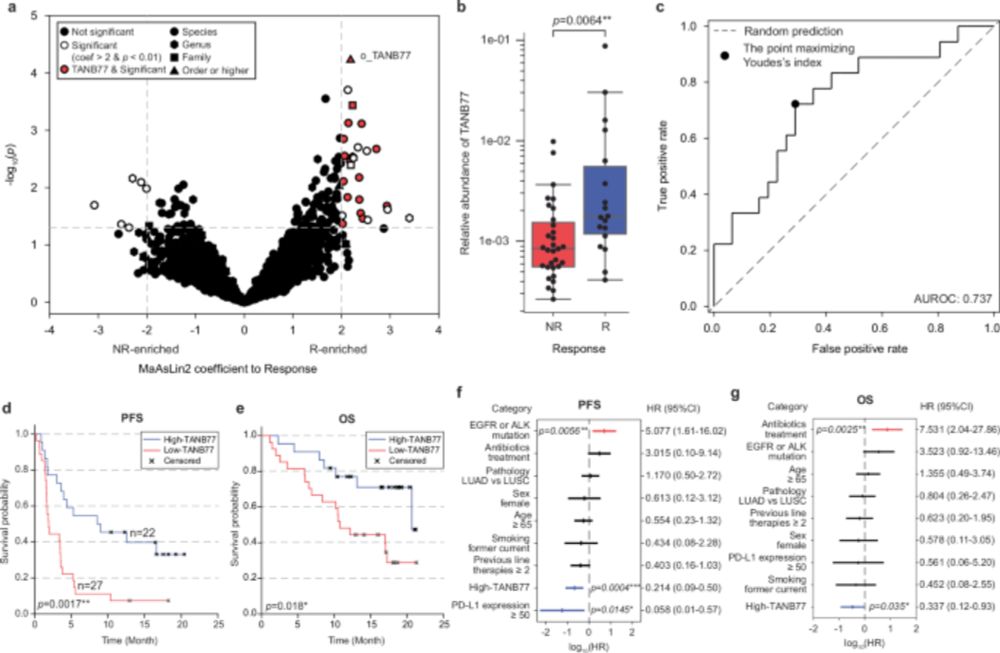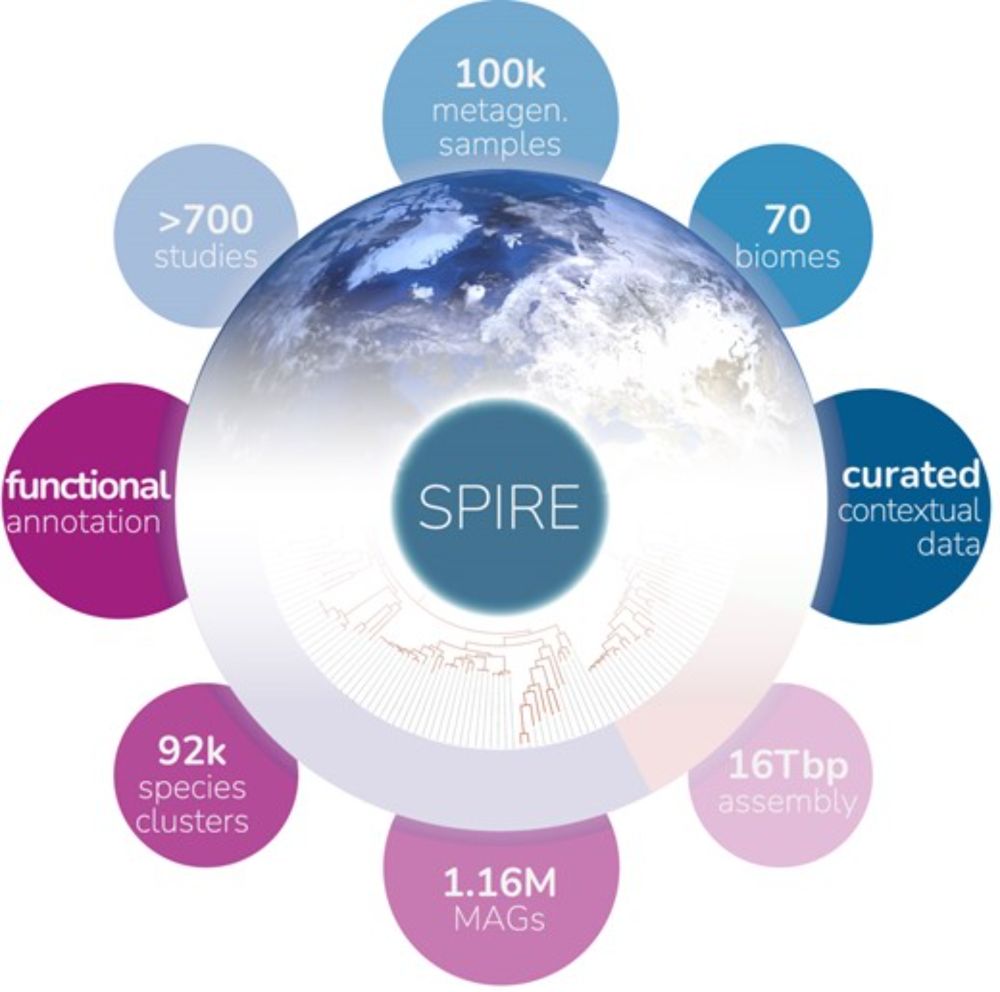Chan Yeong Kim
@chanyeong-kim.bsky.social
97 followers
200 following
10 posts
PhD | Microbiome researcher | Postdoc @Bork Group | EMBL-Heidelberg
Posts
Media
Videos
Starter Packs
Chan Yeong Kim
@chanyeong-kim.bsky.social
· Jul 21
Chan Yeong Kim
@chanyeong-kim.bsky.social
· Jul 21
Chan Yeong Kim
@chanyeong-kim.bsky.social
· Jul 21
Chan Yeong Kim
@chanyeong-kim.bsky.social
· Jul 21

Planetary microbiome structure and generalist-driven gene flow across disparate habitats
Microbes are ubiquitous on Earth, forming microbiomes that sustain macroscopic life and biogeochemical cycles. Microbial dispersion, driven by natural processes and human activities, interconnects mic...
www.biorxiv.org
Chan Yeong Kim
@chanyeong-kim.bsky.social
· Dec 28
Chan Yeong Kim
@chanyeong-kim.bsky.social
· Dec 28
Chan Yeong Kim
@chanyeong-kim.bsky.social
· Dec 28
Chan Yeong Kim
@chanyeong-kim.bsky.social
· Dec 28
Chan Yeong Kim
@chanyeong-kim.bsky.social
· Dec 28

A conserved pilin from uncultured gut bacterial clade TANB77 enhances cancer immunotherapy - Nature Communications
Here, the authors show that higher levels of the gut bacterial clade TANB77 associate with better response to cancer immunotherapy, and further demonstrate in mice that a conserved pilin from TANB77 p...
www.nature.com

